On December 1st, Third Edition of our Marketing Automation Congress took place. We met in Warsaw with over 1000 marketers, businessmen, and experts. For those of you who couldn’t be with us there, we prepared an overview of the topics we discussed.
Innovation
- Innovation happens when a new company, unnoticed by competitors, changes the rules by providing a solution to a group ignored by big players. (Rafał Brzoska)
- Polish science has a great business potential. But to sell your scientific product, you must offer something that people actually need, contact clients at the early stage, improve your prototype all the time and never treat innovation as a side project – it must be your main goal. (Paweł Przewięźlikowski)
- The industrial revolution was about producers. The information revolution is about customers. They changed. But can your marketing department keep up with it? (Jacek Kotarbiński)
- Businessmen tend to stay in a rut and produce excuses such as “We’ve always done it that way”. But if you refuse to change, you go back. (Jacek Kotarbiński)
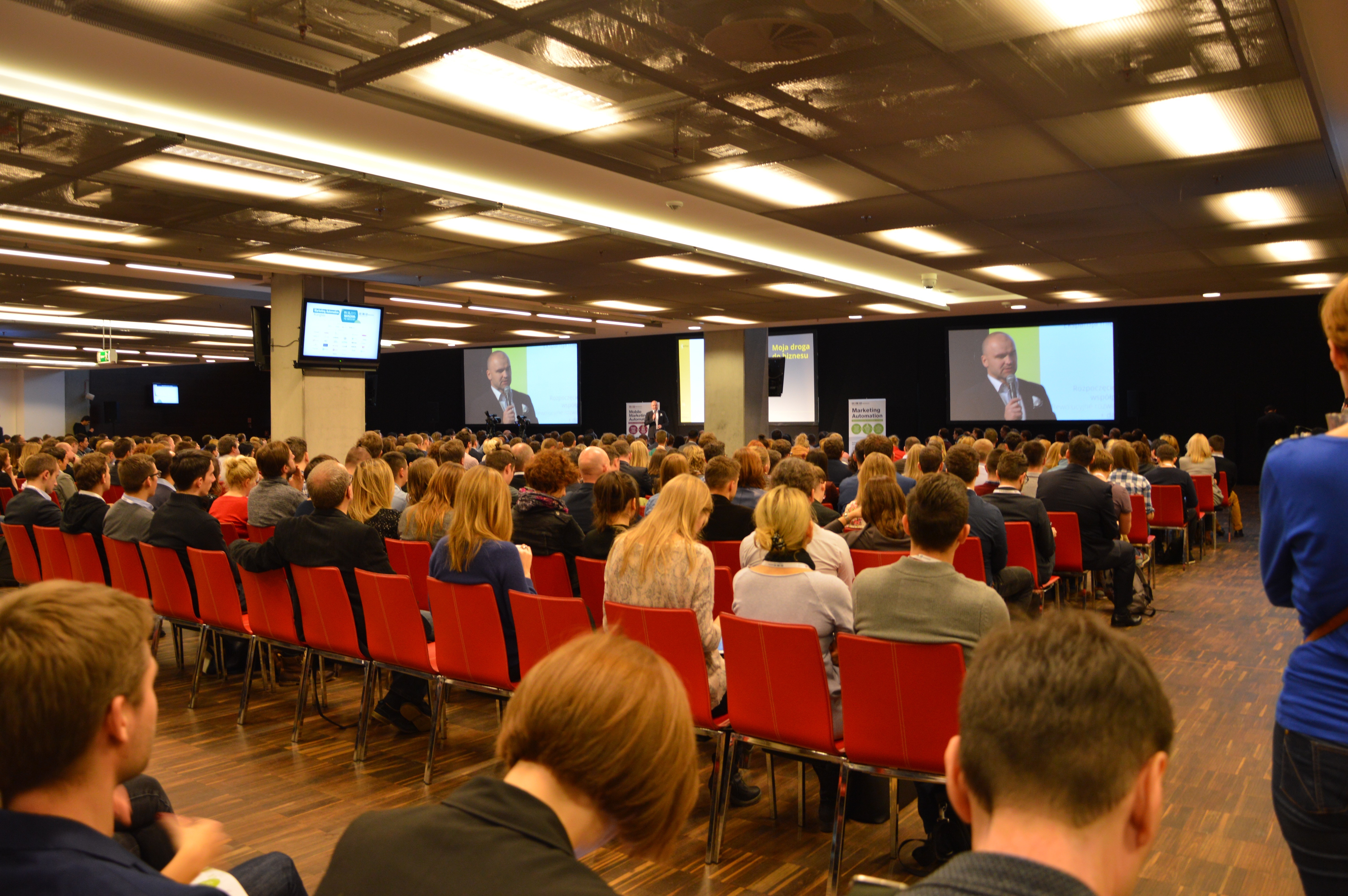
Communication
- Throw all PR textbooks away. PR comes from relationships you establish. It’s an effect of your ability to listen to other people, to understand their needs and put that knowledge into action (Jacek WIOSNA Stryczek)
- An example? One of the things we need most is WiFi. 75% of people claim that a week without a WiFi would be more depressing than a week without coffee. 61% customers of eating places check the WiFi right when they arrive. Such need was be translated into a business – a startup called Social WiFi (Artur Racicki)
- Change perspective. Don’t think about single transactions, but about Customer Lifetime Value. We’ve known the term for 15 years but still don’t use it much. To apply it, integrate data from various sources (like customer service). It will give you the ability to predict customer behavior: build more accurate recommendation engines, shape price dynamically, and increase loyalty. (Michal Kreczmar and Łukasz Dziekan)
- Recommendations are a powerful sales tool. 2/3 of Netflix movies are watched after a recommendation. 34-36% of Amazon products are bought after a recommendation. 26% of songs played on Spotify are listened to after a recommendation. (Michal Kreczmar and Łukasz Dziekan)
- The biggest challenge for B2B is lead leakage. It stems from 2 problems: marketers quitting communication with leads to early, and salespeople focused only on the hottest leads and neglecting these requiring more work. The leads you give up on become your competitor’s customers. Use Lead scoring and Lead Nurturing to minimize the leakage. (Grzegorz Urban)
- Be where your (potential) customers are. Monitor social media and engage in a discussion. A pinch of humor will be useful. See an inspiring Virgin Trains case: the brand responded to customer’s plea on Twitter, creating unique and funny content. (Michał Sadowski)
- With one billion users (more than 1/3 of all internet users) YouTube is a powerful platform for marketers, but still most of them fail to recognize the specifics of that medium. (Maciej Wróblewski)
Mobile revolution
- In Poland, marketers devote relatively small part of their budgets (18%) to mobile solutions. For comparison, in Great Britain it’s 40%, where programmatic mobile advertising reigns, focused on building fuller customer’s profiles. 46% of mobile budgets are consumed by content marketing and native advertising. (Artur Banach)
- To 2019, 45% of all ecommerce transactions will happen on mobile devices. (Rafał Brzoska)
- In 2014, internet consumption via mobile exceeded traditional desktop usage for the first time. But marketers’ response to mobile revolution is paradoxical: while 86% of them declare that mobile is vital for their business, only 13% actually invests in that channel. Users’ reactions reflect that: 54% of consumers say that mobile versions of websites don’t provide enough information. Apps are growing in popularity: 86% of users prefer to consume content on mobile devices that way. (Grzegorz Błażewicz)
- 36,4% of users opt out from push notifications if they don’t find them relevant. In email marketing, opt out rate is almost 3x lower – 13,4%. In apps, we can build much closer bonds with the audience, but to succeed we must personalize messages and tailor them to the context. (Grzegorz Błażewicz)
Ecommerce
- Cross-border trade increases. Now that market is worth 29 billion euros, while in 2018 the number will rise to 40 billion. Customers buying abroad more and more often will demand quick delivery. That’s why Amazon is testing drones and experimenting with “the same day delivery” in London. (Rafał Brzoska)
- Use the knowledge about your customers. Use direct communication and analytics to collect it, and then use to segment users, build CLV model, test new sales options, measure campaign’s efficiency and remove unsuccessful products. (Jarosław Trybuchowicz)
To sum up
The key Congress ideas were:
– CLV: many of speakers drew attention to a need to focus on long-term relationships, not isolated purchases
– Big Data Marketing: if we think about marketing today, we mean precisely customized messages, based on data. What we find channeling today is integrating data from many various resources.
– Mobile: marketers must respond to changing customers’ habits. We need tools for mobile marketing to deliver real value to the customers.
– Listening: business doesn’t mean thinking something up. It’s about listening to customer’s expectations and problems, and understanding their habits.
See you at the next Marketing Automation Congress!
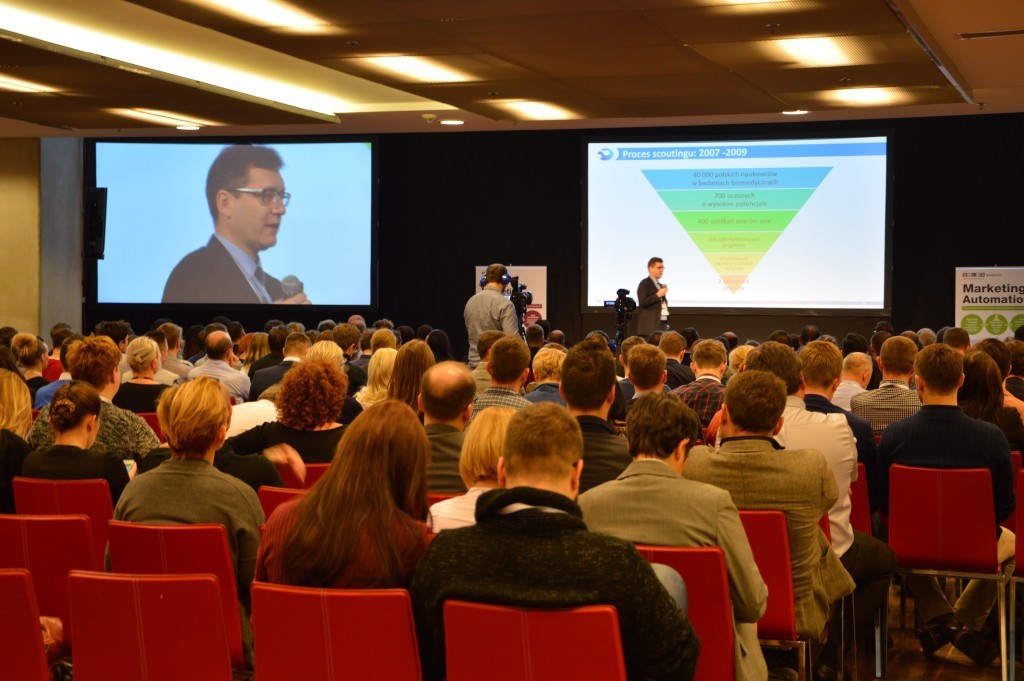
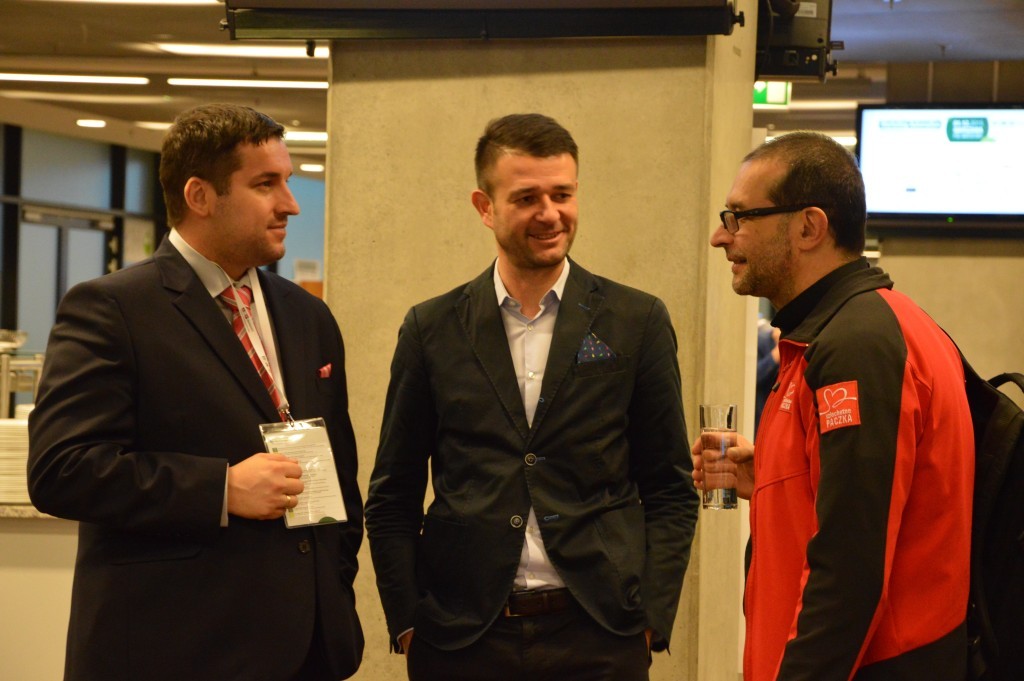
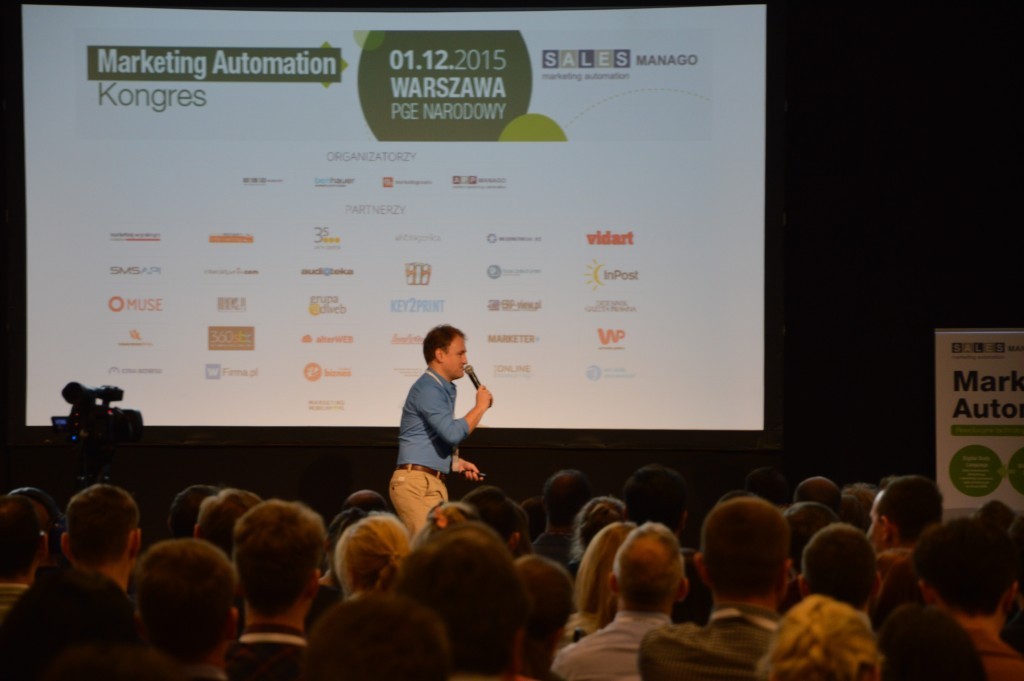
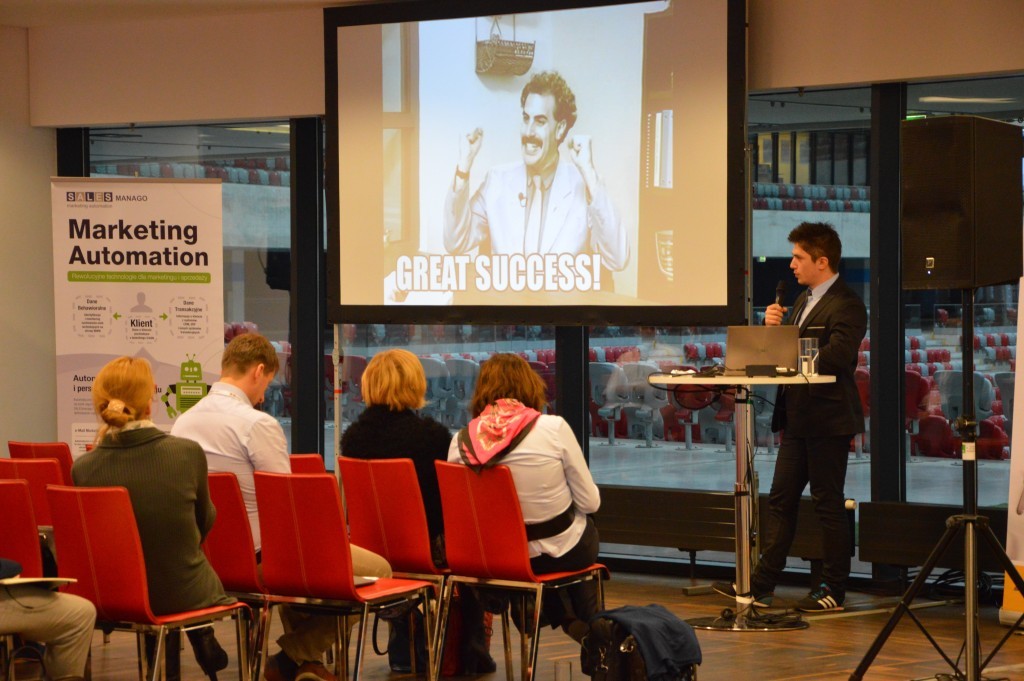

 Follow
Follow
















